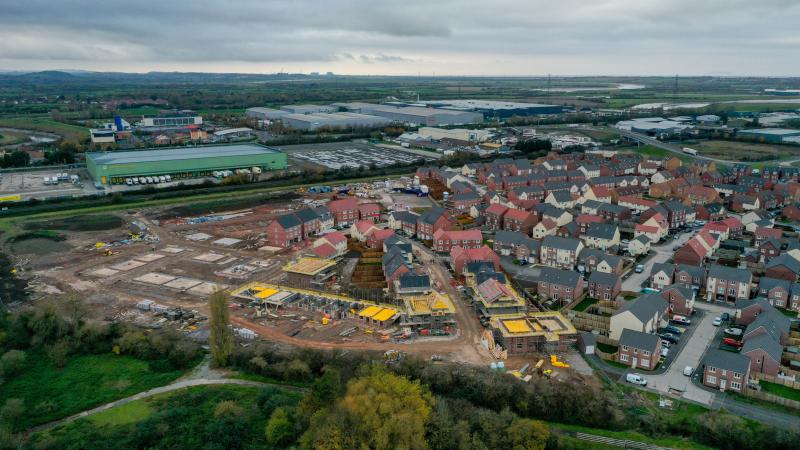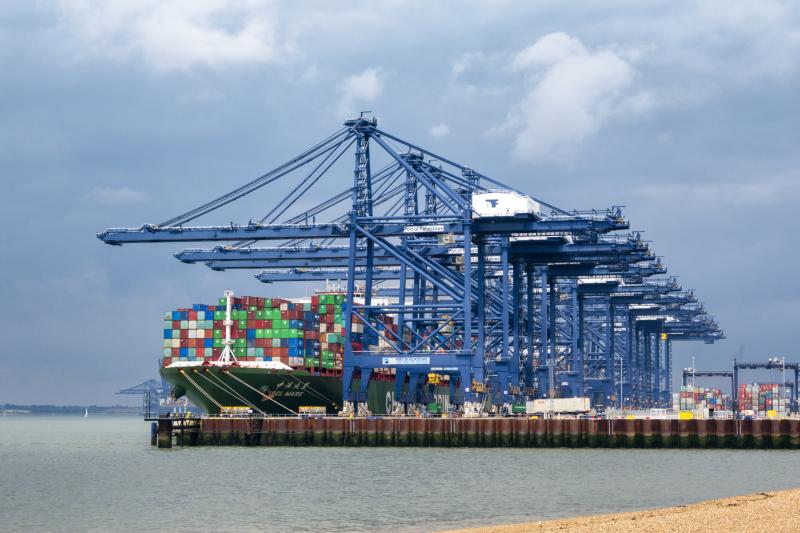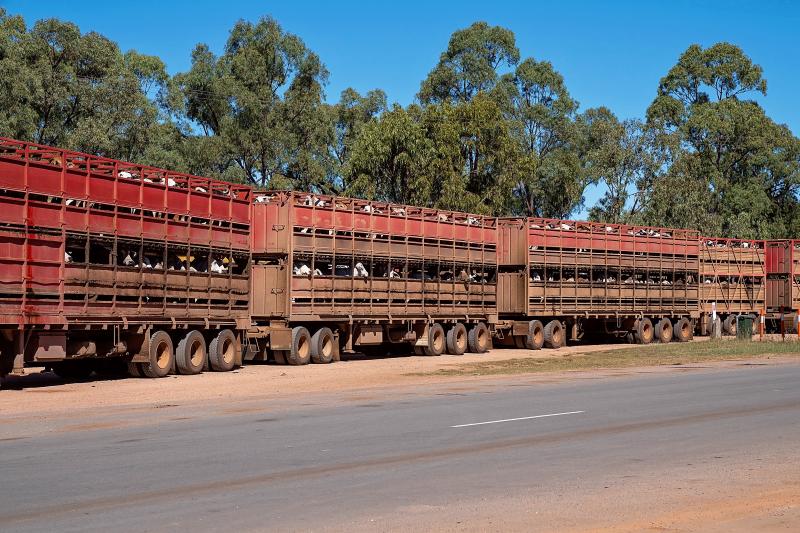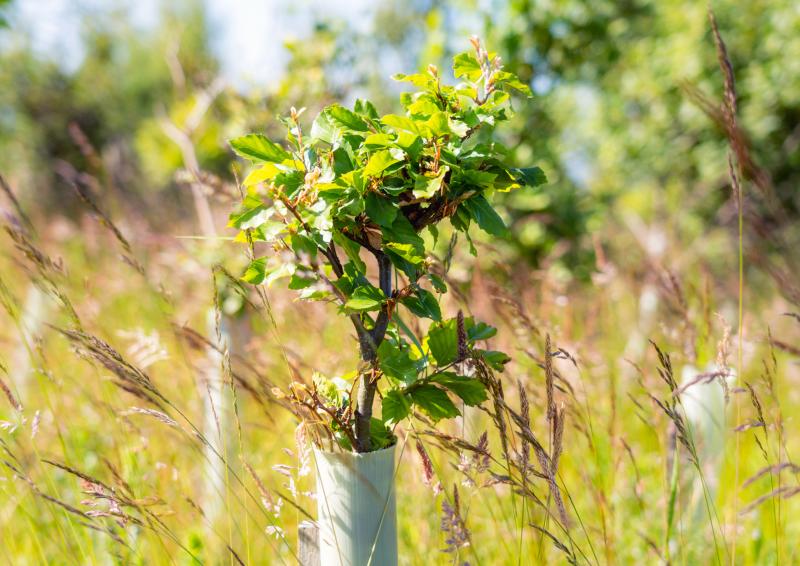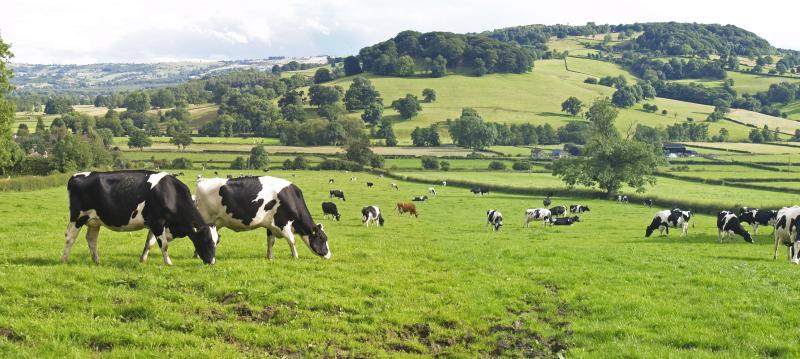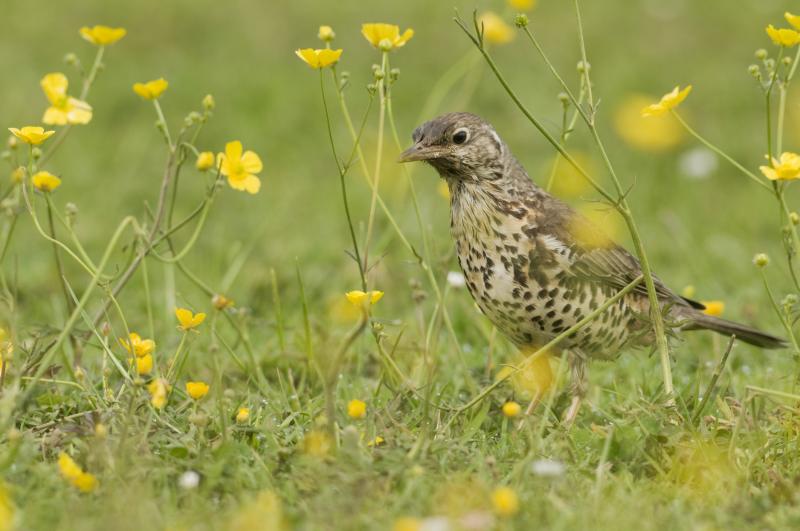Paul de Zylva04 Oct 2021
The next global deals on nature and climate are the last and best chance for the world’s political and business leaders to back up their grand speeches with firm, concerted and sustained action to halt biodiversity decline.
We cannot be complacent. Nature’s in trouble here in the UK and future trade deals look set to worsen – not reverse – global biodiversity loss. The causes are clear. It is also obvious what ’Global Britain’ needs to do to restore nature here and overseas.
1. Put our own house in order
The State of Nature reports alone show that the UK has much to do to protect, conserve and restore its own natural environment so that species and habitats thrive and natural ecosystems can sustain life - all with huge benefits for everyone’s health, wellbeing, learning, skills and sense of belonging in their communities.
Despite the accumulation of evidence and lots of policies emerging from Whitehall, Ministers are failing to act at the pace, scale and consistency needed.
The UK’s domestic plans must be credible and properly funded both before and after the crucial nature and climate summits in 2021/22.
2. Make all government departments responsible
Too few government departments take nature and climate seriously. Where they do have policies, these are often outdated or not fit for purpose and are rarely central to departmental thinking and actions.
Yet almost every part of government - from the Treasury to transport, business, housing, communities and devolved administrations make daily decisions and policies that impact on nature or fail to change course, which effectively contribute to nature’s continuing decline.
Such bad governance has resulted in inadequate action being taken, and too late. Misuse of taxpayer’s funds is often typified by the spending of one department being undermined by the actions of another, leading to waste and the imposition of avoidable costs on society and our environment.
The government’s planning reforms in England highlight how policy and dogma are failing to protect nature. The planning system still does not embed proper strategic consideration of nature restoration and it remains unclear that the government’s latest reforms of land use planning will either make up for or correct this.
Just as departments are expected to contribute to climate action, every part of government should be required to play its full part in reversing nature’s decline. There should be a department-by-department review of progress to discover where departments are undermining or holding back the required action to restore nature and ecosystem function.
The role of local authorities is also pivotal in restoring nature and ecosystems, alongside climate action. They must be properly supported so that the erosion of councils’ in-house knowledge, expertise and competence in nature matters is reversed.
Several official bodies including government agencies and regulators, the new Office of Environmental Protection (OEP), the UK Joint Nature Conservation Committee (JNCC) and others have a vital role in overseeing the changes needed.
3. Charge business with changing
The government should require all businesses to play a full role in nature’s revival and climate security.
Some businesses are ahead of government in their thinking and ambitions. Most are still locked into models of business which will worsen the nature and climate crises.
Too many businesses and trade bodies spend vast sums of money and time lobbying to stop progress against the public interest. Government should resist any lobbying activity (and associated funding) that detracts from the verified pathways needed to protect and restore nature and keep our climate safe.
Further reliance on voluntary agreements with business sectors isn’t a substitute for holding businesses to account through legislation, corporate reporting and due diligence measures.
4. Trade deals
As the UK seeks new trade agreements with more nations the temptation to cut corners, overlook important principles and focus on the money will be strong. Trade deals must be open to proper scrutiny by parliament and the public as part of ensuring high standards and compliance with nature aims.
For example, the UK’s trade talks with Australia are not finalised but they are already raising legitimate concerns about the undermining of the food quality, animal welfare and environmental standards that government ministers insisted would not be diluted on the UK’s leaving the EU.
Despite further assurances, it’s not at all clear that the final trade deal won’t undermine standards and renew pressure on UK farmers and producers to adopt more intensive, nature-harming practices to enable them to compete in the longer term.
The government’s Global Britain ambitions must deliver trade deals in step with what is needed to make supply chains, commodities production, land and marine use clean, fair and sustainable.
Trade deals must support the right of all parties to implement high standards of environmental protection and provide strong dispute settlement mechanisms when either side fails to uphold their environmental laws. The UK government must strive to agree ambitious binding commitments for further action in deals with other wealthy nations.
All trade deals must be subject to a full sustainability impact assessment prior to ratification and be verified as complying with the pathways necessary to reverse nature’s decline and stabilise our climate.
Future trade partners should also show how they are properly implementing the Convention on Biological Diversity and COP commitments. This should be an essential element of every future Free Trade Agreement with an associated Dispute Settlement Mechanism.
5. Switch subsidies
The government must switch all subsidies from supporting harmful activity so that every penny and pound goes toward funding public goods, such as cleaner water, healthier soils and nature-rich landscapes. The government has already taken giant steps of this kind by promising to switch from harmful subsidies to landowners and farmers to ones that benefit nature.
The government is also seeking to clean up the UK’s consumption of ‘forest risk’ commodities such as beef, cocoa, coffee, palm oil and rubber. But will this due diligence legislation see an end to UK finance for projects and supply chains inconsistent with proper protection of forests, and the indigenous peoples whose lives and livelihoods depend on them?
All public spending across departments and levels of government should be nature- and climate-proofed and independently verified including by parliamentarians, the National Audit Office and Office for Budget Responsibility.
6. Transition to a nature-rich UK
Refocusing the role of government and business and ensuring that spending, investments and subsidies work harder and are smarter, can help the UK’s transition from a nature-depleting nation to a nature-rich one in ways that support sectors, employers and employees alike.
Given the huge public ‘goods’ to come from nature-friendly land use and farming, there is a case for even more financial support over and above the amounts the UK used to allocate under the EU’s Common Agricultural Policy (CAP). After all, reduced use of nature-harming pesticides means less money having to be spent to restore soils and clean up water.
Better use of money can support farm incomes, more rural employment and skills, and adjustment to activities that produce crops and improve land management. These and other activities can all be part of a ‘just transition’ to a nation that is bringing nature back and not just talking about doing so.
The UK must lead by example in protecting nature at home and overseas
Properly protecting, conserving, and restoring nature at home and through the way the UK trades and provides finance can make the government’s talk of Global Britain mean something for real.




